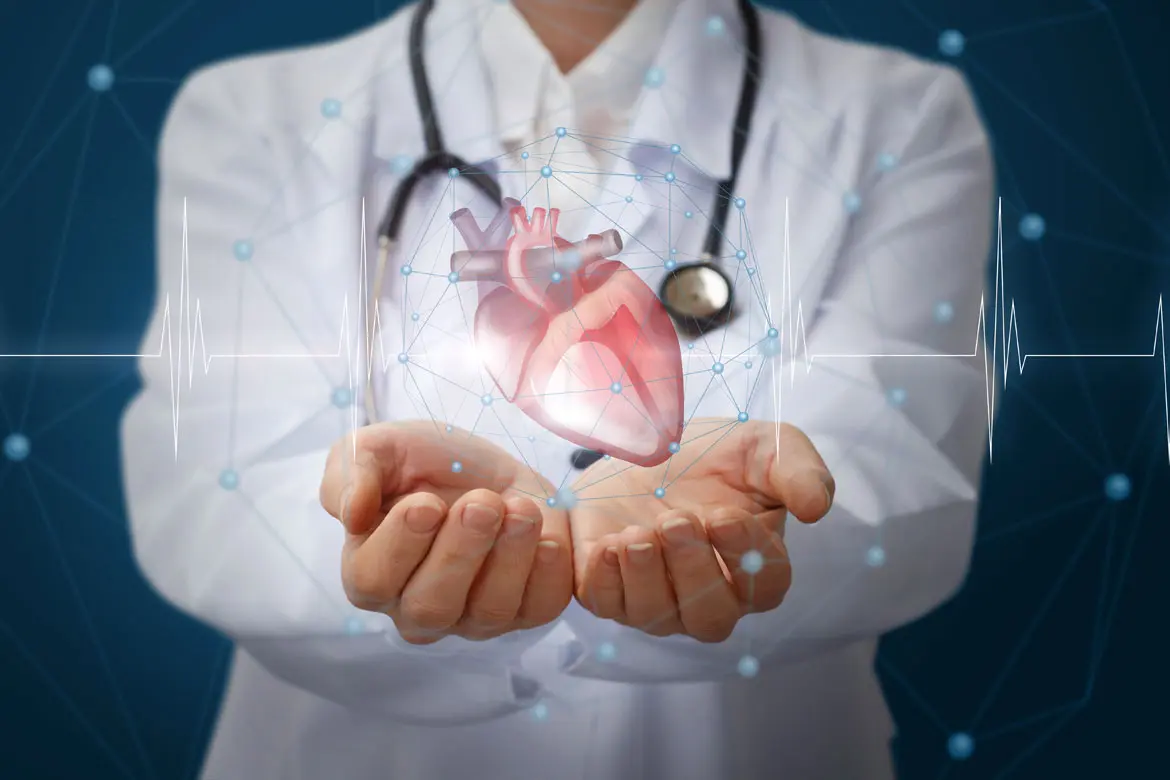Dr Wong Cheok Keng Kelvin
Cardiologist


Source: Shutterstock
Cardiologist
You may experience heart rhythm problems (heart arrhythmias) when your heart beats too quickly, too slowly, or irregularly. This “fluttering” of the heart may only cause mild symptoms in some, but may be associated with more severe symptoms such as chest pain, breathlessness, giddiness and even blackouts in others. In some cases, they can even be life threatening, especially in people with underlying weak or abnormal hearts. Consequently, in selected cases, your doctor may recommend definitive treatment such as catheter ablation, a minimally invasive percutaneous procedure.
Catheter ablation is a minimally invasive percutaneous procedure that aims to eliminate abnormal electrical signals causing heart arrhythmia by ablation (or “lasering”). It involves delivering thin wires (or “catheters”) to the heart through small plastic tubes (or “sheaths”) placed at the groin area. A minimally invasive percutaneous procedure (only small needle punctures with no open wounds), catheter ablation can be done as a day procedure with a short hospital stay.
Your doctor will usually try to treat your heart arrhythmia with medication. If the medication is ineffective or if you experience side effects from the medication, or if the heart arrhythmia puts you at high risk, your doctor may recommend catheter ablation.
The procedure is usually performed as a day surgery. For standard arrhythmia, it takes between 1 – 2 hours. In selected complex arrhythmia, the procedure can take up to 3 – 4 hours. Most patients will be discharged home the following day.
You will be given a sedative to help you relax while your surgeon numbs the entry point with local anaesthetic medication around your femoral vein/artery in the groin area. Once you are sedated, your surgeon will insert long, flexible wires (catheters) into the vein or artery and thread them to your heart. Usually a mapping system (like an internal GPS system) and X-ray will be used to guide the movement and position of catheters in the body.
Once the catheters are in the heart, your surgeon will do electrical testing to identify the abnormal electrical signals causing the heart arrhythmia. Then radiofrequency energy is delivered accurately via the catheters to a specific area to eliminate the abnormal signals. This results in localised heating of the tissue and the process is called ablation (or “lasering”). Alternatively, your doctor may opt for an alternative procedure, known as cryoablation, which uses freezing rather than “heating” to eliminate the abnormal electrical signals.
You will be monitored overnight following the operation. If all is well, you may be discharged on the following day. You can expect to resume normal activities within a few days.
All surgeries carry risk including bleeding or infection at the surgery site. Catheter ablation carries its own specific risks, which you should discuss with your doctor. While the surgery is generally low risk, you should be aware of the potential complications that may occur during surgery:
After a successful catheter ablation procedure, most people can expect to return to their normal daily lives with improvement, or even with their heart restored to a normal cardiac rhythm. There is a small chance that you may require a repeat procedure.
Your doctor will also advise you to make lifestyle changes to improve your heart health, especially to manage your blood pressure. Changes you can make include:
If you are considering catheter ablation, consult a cardiologist to assess your condition and find out if the procedure is suitable for you.